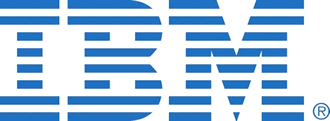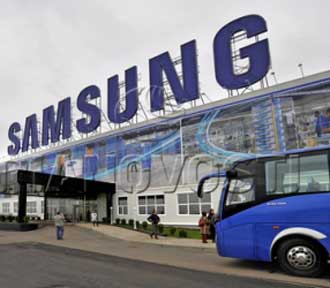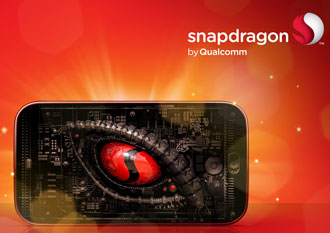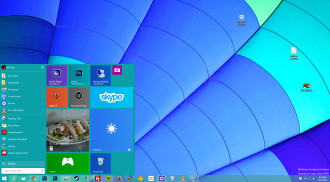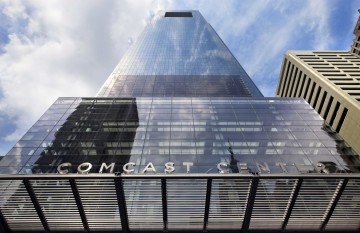 The Comcast/Time Warner Cable deal is showing the extent of corporate control over corrupt US politicians in all its ugly glory – not that anyone seems to care.
The Comcast/Time Warner Cable deal is showing the extent of corporate control over corrupt US politicians in all its ugly glory – not that anyone seems to care.
According to The Verge three politicians sent letters to the Federal Communications Commission that were ghostwritten by Comcast. The letters were signed by the politicians that mimicked Comcast talking points and cut, and pasted Comcast’s own statements.
What was happening is that Comcast official sent the politicans the exact wording of the letter he would submit to the FCC, finishing touches were put on the letter by a former FCC official named Rosemary Harold, who is now a partner at one of the nation’s foremost telecom law firms in Washington, DC. Comcast has hired Harold to draft letters that contained phrases that the FCC wanted to hear to approve the proposed merger.”
A letter from Oregon Secretary of State Kate Brown “was almost wholly written by a Comcast Government Affairs specialist.” The other politician featured in the story was Mayor Jere Wood of Roswell, Georgia, whose letter to the FCC was written word for word by “a vice president of external affairs at Comcast.”
And what did the politicians get from signing the letter? Brown has received $9,500 from Comcast in donations, according to the National Institute on Money in State Politics.
Advocacy groups generally haven’t made any secret of their signature gathering tactics, even issuing press releases boasting that as many as 400,000 people signed petitions urging regulators to reject the merger.
Of course, this is the Land of the Free so no one is resigning over what would be seen in civilised countries as bribery or, at the very least, subversion of democracy.
